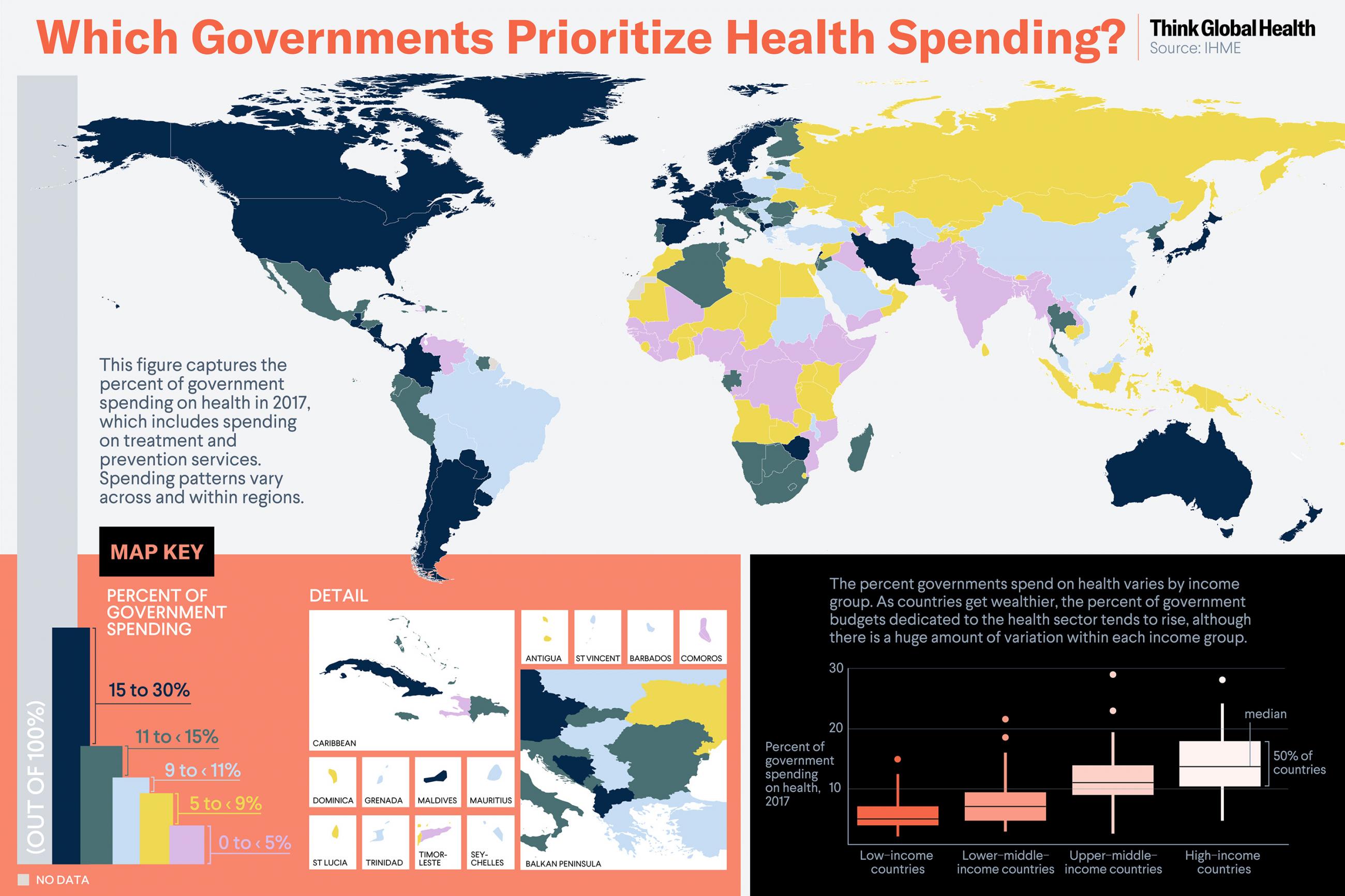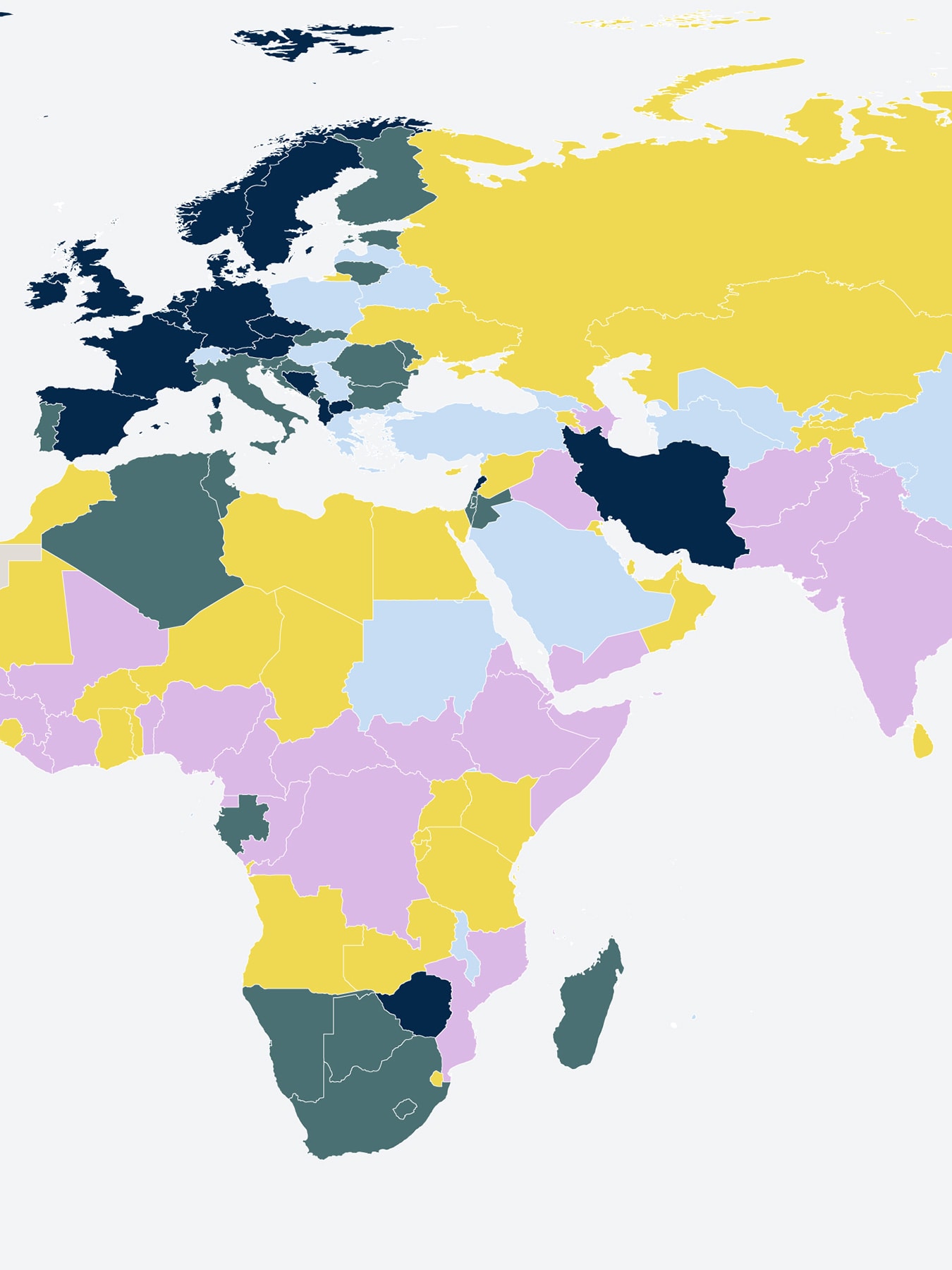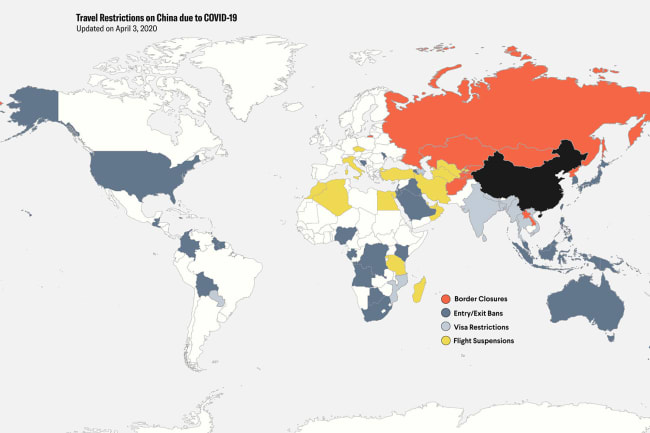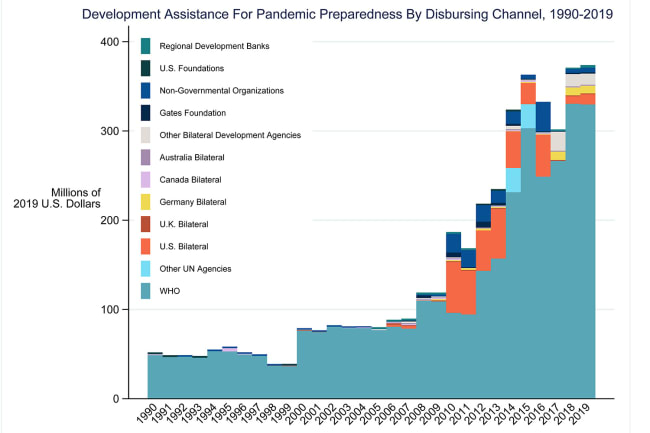As COVID-19 stresses health systems around the world, access to high quality healthcare is more important than ever. On top of ever-present health needs, many countries are struggling to provide lifesaving care to COVID-19 patients. At the same time, government budgets are shrinking as tax revenues decline amid the financial crisis.
As COVID-19 causes simultaneous health and economic crises worldwide, it also presents an opportunity for governments to re-evaluate their investments
Despite these revenue shortfalls, governments can prioritize health by devoting a meaningful portion of their budgets to it. Higher-income countries tend to invest a greater share of their budget on health compared to countries with less income, but there are many exceptions to this trend. Among low-income countries, Madagascar and Malawi stand out, spending 14 and 9 percent of their budgets on health, respectively. On average, low-income countries spend around 6 percent of their budgets on health. Looking at low-middle and upper-middle-income countries, Zimbabwe, El Salvador, South Africa, and Thailand devote over 11 percent of their budgets to health. On the other end of the spectrum are countries that invest a particularly low percentage of their budget in health—5 percent or less. As COVID-19 causes simultaneous health and economic crises worldwide, it also presents an opportunity for governments to re-evaluate their investments, giving health higher priority.

EDITOR'S NOTE: The authors are employed by the University of Washington's Institute for Health Metrics and Evaluation (IHME), which produced the development assistance for health research described in this article. IHME is a partner on Think Global Health. All statements and views expressed in this article are solely those of the individual author and are not necessarily shared by their institution.












